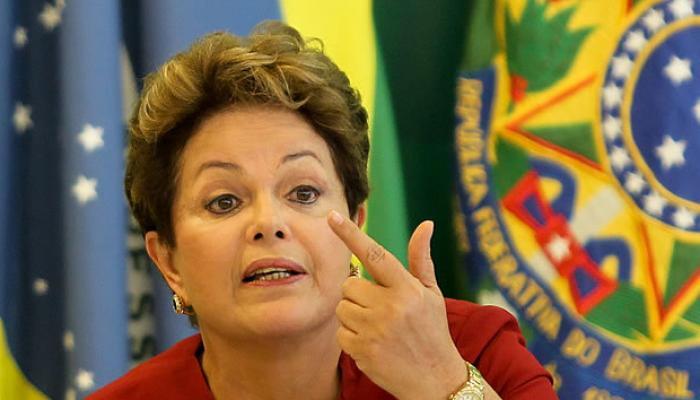Brasilia, April 29 (PL-RHC) -- Brazilian President Dilma Rousseff said on Monday that the Brazilian Civilian Internet Framework is an example for “open, multi-sectorial, multilateral, democratic and transparent internet access.”
"We are the first country in the world to have a law to consolidate internet as a free and democratic space, essential to social participation, innovation and mainly for citizens' use," stressed Rousseff in her regular Monday radio program, "Coffee with the president."
She emphasized that the law was well received and is considered a pattern for improving democratization of the global power of cyberspace, as formulated at the meeting on the issue held last week in Sao Paulo.
For Rousseff, Brazil now has an effective instrument to provide freedom of expression, respect for peoples, business privacy and human rights.
"These are principles the nations must take into account immediately after the recent unacceptable and reprehensible episodes of surveillance and network espionage," emphasized the leader, in direct reference to the United States.
The basic concept of national law, which will go into effect by the end of June, is that the internet does not have owners, it belongs to all and must follow clear rules that ensure neutrality in the network and data privacy of Brazilians, she assured.
It is very important because it means that data belonging to Brazilians, stored by suppliers from Brazil or abroad must be protected, even if they are in another country, she emphasized.
Any citizen or company that discloses personal information from another individual without their consent can be brought to justice, she added.
Brazilian President Says Internet Law a Model for the World

Artículos Relacionados
Comentarios
Deja un comentario
Todos los campos son requeridosMás Vistas
- Deep Research, la nueva herramienta que promete transformar a ChatGPT
- Apoyo a Cuba en Canarias frente a hostilidad de EE.UU.
- Trovador cubano Eduardo Sosa en estado grave por accidente cerebrovascular
- Cuba califica de fructífera XI Reunión de Coordinadores de la Celac
- Vegueros espirituanos por continuar logrando mayores niveles productivos

